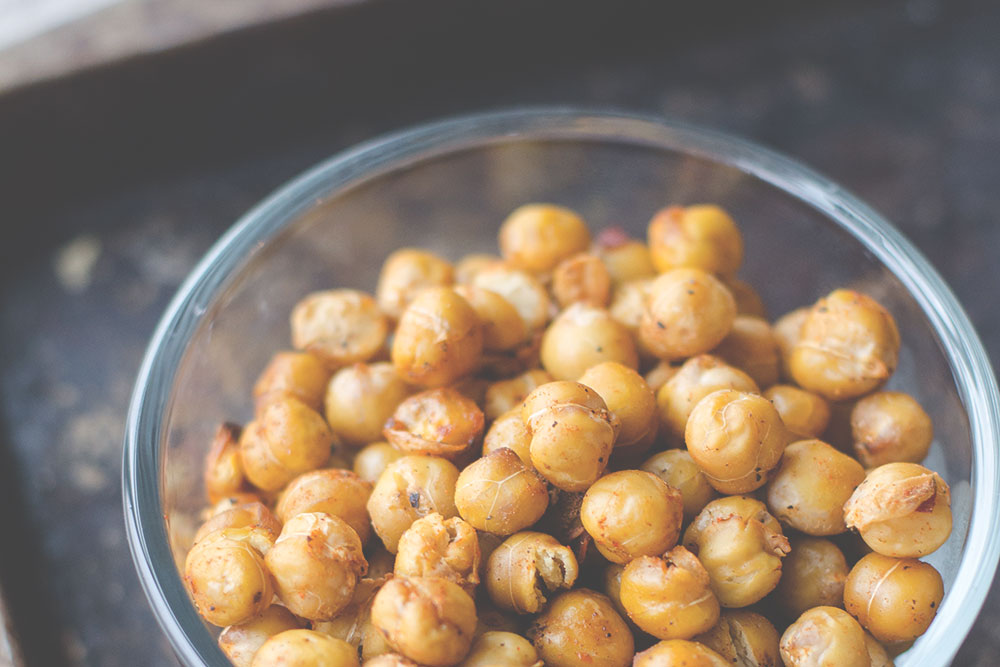Thyroid disease has been on the rise in recent years, with an estimated 5% of the population, diagnosed with hypothyroidism. Let’s understand what it is, and how food can help in its management.
BY: ANNE DANAHY, MS, RD
The thyroid is a small gland in your neck, and it’s responsible for producing the hormones that regulate many of your body’s functions. When it produces too little hormone, the body’s processes slow down, and causing symptoms such as weight gain, feeling abnormally cold, fatigue, and even constipation. Left untreated, hypothyroidism can lead to heart disease, damage to your peripheral nerves, infertility problems, and for pregnant women, possibly even birth defects.
Hypothyroidism is more common in people with a family history, or autoimmune disorders such as Type 1 diabetes, celiac disease, or lupus, and is more common in women. It sometimes occurs after pregnancy, or as a result of a viral infection. Because the thyroid requires iodine from the food you eat to make hormones, an iodine deficiency can also cause hypothyroidism, although that’s fairly rare in the US.
One of the trickiest aspects of hypothyroidism is that it can be difficult to diagnose, as the symptoms can be related to other common lifestyle situations.
Weight gain, depression, and fatigue is more likely to be caused by stress or diet, so unless your doctor performs specific blood work to test your Thyroid Stimulating Hormone, it can go undiagnosed for a long time. The good news is that there is an effective treatment – synthetic thyroid hormone. However, the bad news is that you’ll need to take it for the remainder of your life, and have your thyroid levels checked regularly to ensure your dose doesn’t need adjusting. There are, however, a few lifestyle changes that can help complement medical treatment.
Eating nutrient-dense, plant-based foods can help keep your energy levels up and help your medication to work better.
The minerals iodine, zinc, copper and selenium are especially important for normal thyroid function, which can be found in lentils, chickpeas, cashews and pumpkin seeds for zinc and copper, and fish or just one Brazil nut a day for selenium. The average American diet has adequate amounts of iodine, but if you don’t eat any iodized salt or processed foods, try including some sea vegetables such as seaweed, kombu, or wakame, which are all rich in iodine.
However, be mindful of eating huge amounts of raw cruciferous vegetables such as kale, arugula, broccoli, Brussels sprouts and cauliflower. While cruciferous vegetables have many health benefits and shouldn’t be eliminated, they do contain compounds called goitrogens that may interfere with the thyroid’s ability to make hormones from iodine. Cooking them does significantly reduce the amount of active goitrogenic compounds, so it can be consumed as long as your thyroid hormone levels remain consistent.
If your doctor has diagnosed you with a type of autoimmune hypothyroid disease known as Hashimoto’s thyroiditis, gluten-free diets may be beneficial. Research has shown that people with Hashimoto’s hypothyroid have an increased risk of celiac disease. Discuss with a health professional if a gluten-free diet may be an option to help maintain a healthy lining in your gut, which can better absorb nutrients from food, and your thyroid medication.
Other considerations if you are prescribed medication to correct an underactive thyroid is to be sure to take it on an empty stomach – 30 minutes before breakfast, or 4 hours after dinner. It’s best absorbed when taken with water, and be aware that coffee (especially espresso) and soy products may interfere with its absorption. Also, if you take a calcium supplement, multivitamin with iron, or magnesium containing antacid, don’t take it along with your thyroid medication.
Even if there’s no cure, do what you can to live your best life.
Adapted from the original article.
HEADER IMAGE: DERYN MACEY
Anne Danahy, MS, RD is a Scottsdale-AZ-based registered dietitian and nutrition communications consultant specializing in women’s health and healthy aging. Anne is passionate about teaching people how to make the science of nutrition more delicious on their plates. Visit her at Craving Something Healthy.

